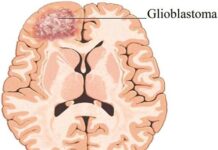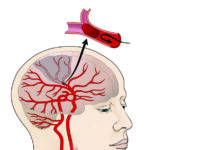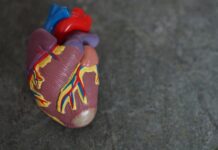Heart failure, a prevalent condition related to sleep apnea and shortened lifespan, is being treated with a new drug that is showing some progressive results.
The medication, known as AF-130, was examined in an animal model at Waipapa Taumata Rau, the University of Auckland, where researchers discovered that it increased the heart’s capacity to circulate blood while also preventing sleep apnea, which shortens life. (see Nature Communications).
“This drug does offer benefit for heart failure, but it’s two for the price of one, in that it’s also relieving the apnea for which there is currently no drug, only CPAP (a breathing device), which is poorly tolerated,” said Professor Julian Paton, director of the University’s Manaaki Manawa, Centre for Heart Research.
The sympathetic nervous system, also known as the “fight or flight” reaction, is activated by the brain in response to a heart attack and following heart failure in order to encourage the heart to pump blood. Even when it is no longer necessary, the brain continues to activate the nerve system. The patient’s life span is decreased as a result of this and the ensuing sleep apnea. Most people pass away within five years of being diagnosed with heart failure.
The medication is soon to be FDA-approved, albeit for a different health problem, opening the door for human trials in the following year or two, Professor Paton said. This is another thrilling development for the scientists, who are from the Universities of Auckland and Sao Paulo in Brazil.
“Over recent decades there have been several classes of drugs that have improved the prognosis of heart failure,” said cardiology consultant and Associate Professor, Martin Stiles, adding, “However, none of these drugs works in the way that this new agent does. So it is exciting to see a novel method that potentially reverses some features of heart failure.” (ANI).
Source: The Print
























